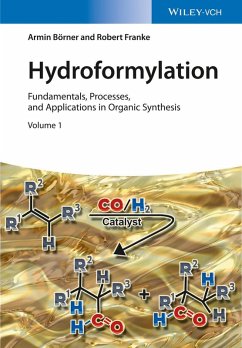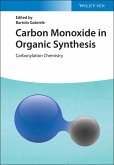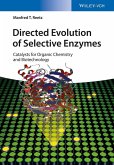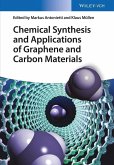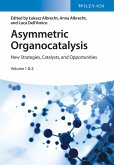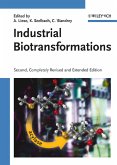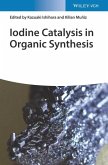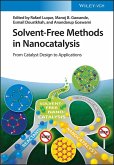Filling a gap in the market for an up-to-date work on the topic, this unique and timely book in 2 volumes is comprehensive in covering the entire range of fundamental and applied aspects of hydroformylation reactions. The two authors are at the forefront of catalysis research, and unite here their expertise in synthetic and applied catalysis, as well as theoretical and analytical chemistry. They provide a detailed account of the catalytic systems employed, catalyst stability and recovery, mechanistic investigations, substrate scope, and technical implementation. Chapters on multiphase hydroformylation procedures, tandem hydroformylations and other industrially applied reactions using syngas and carbon monoxide are also included. The result is a must-have reference not only for synthetic chemists working in both academic and industrial research, but also for theoreticians and analytical chemists.
Dieser Download kann aus rechtlichen Gründen nur mit Rechnungsadresse in A, B, BG, CY, CZ, D, DK, EW, E, FIN, F, GR, HR, H, IRL, I, LT, L, LR, M, NL, PL, P, R, S, SLO, SK ausgeliefert werden.

